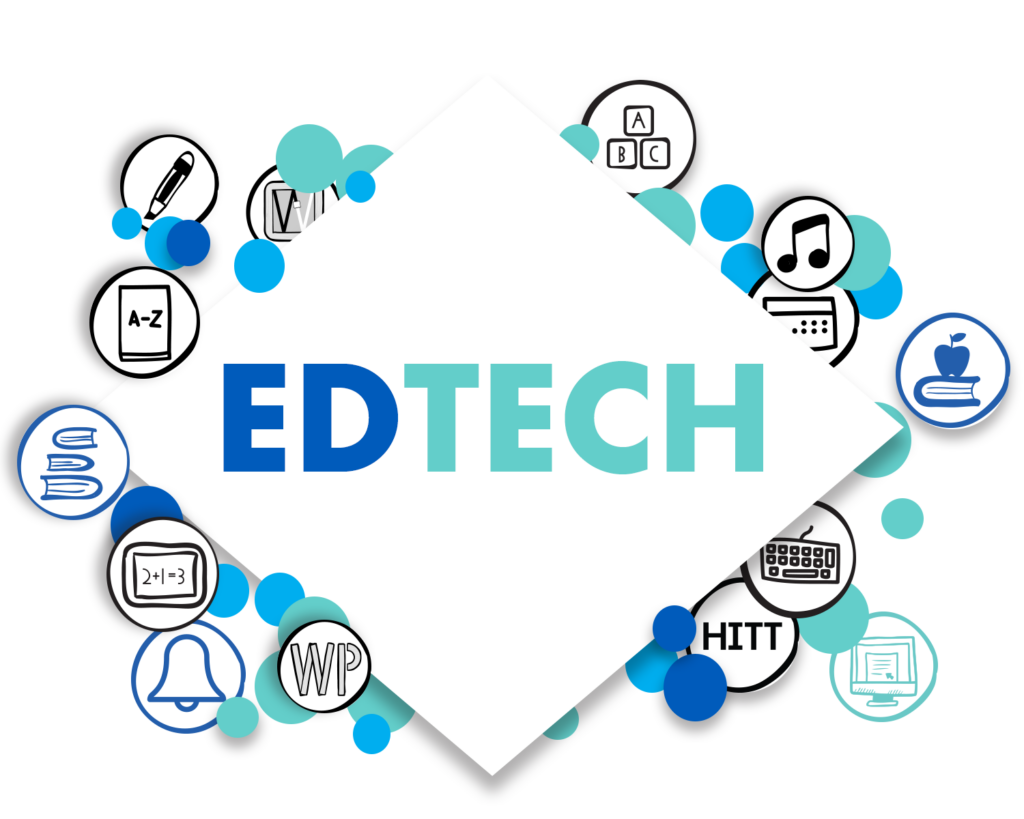While many sectors of the economy have suffered in the age of Covid-19, others have seen enhanced uptake and faster acceptance owing to the same restrictions that have hobbled others. EdTech – advanced technology solutions designed to enhance teacher-led learning – is one such sector.
Most education institutions and workplaces have adopted distance learning and work from home strategies. The conventional education sector in particular has suffered as temporary shutdown of schools and universities have dealt blow after blow to routine educational activity.
EdTech is not exactly a new phenomenon. However, particularly in our country, it has received fresh attention since the Covid-19 disrupted the conventional education system.
Also, while most EdTech solutions were earlier geared towards value addition to the bricks-and-mortar education system, the Covid-19 has provided the necessary impetus to orient it more towards distance learning. These organizations have assumed a pivotal responsibility to probe alternative solutions to education that can prevent learning delays for school and college students.
Knowledge Platform – headed by CEO Mahboob Mahmood – is a Singapore-based Pakistani startup founded in 2000. The firm provides creative education solutions and virtual learning opportunities to K-12 school students. As one of the leading edtech startups in Asia-Pacific, Knowledge Platform largely targets students from grades 6 through 10.
The team at Knowledge Platform tailors a fun and immersive curriculum for students that is easier to comprehend and implement as a learning model. In Pakistan, the startup is taking charge of hundreds of schools with the launch of its novel virtual campus that enables students to learn from home in times of a global crisis.
Knowledge Platform has successfully set up more than 1,000 virtual school campuses and supported more than 300,000 students, a landmark for an EdTech startup in Pakistan. The virtual learning model is cost-effective, easy to use, and fosters uninterrupted learning.
The startup has also allowed parents the opportunity to spend more time with their children and help them get the most out of their coursework for English, Mathematics, Physics, Biology, and Chemistry among other subjects.
Artificial Intelligence is employed as a tool for each course to help students meet their daily targets. New goals are introduced daily and learning gaps can be bridged in case students falter.
Although e-learning appears to be a step in the right direction for Pakistan, poorer families who cannot spend on computers and internet facilities have not access to this mode of education. Inaccessibility and lack of inclusive learning remain impending challenges for many education-technology startups.
While the global economy is struggling, EdTech firms are rising to the occasion. They continue to make a difference in Pakistan, and Knowledge Platform is just one example. The need of the hour is for the country’s EdTech startups to join hands for a quest worthy of our joint exertions: Education for all.
The current environment set by the pandemic gives EdTech firms an opportunity to thrive. On the other hand, EdTech startups have set an example for others sectors of our economy to also retool their business models and bring their operating models up to scratch by leveraging the cutting-edge information communication technologies.
However, there is a huge roadblock on the path to universal adoption of EdTech: The digital divide. The digital have-nots – people without access to computers and internet – remain locked out. For Pakistan, that means the majority of our population.


